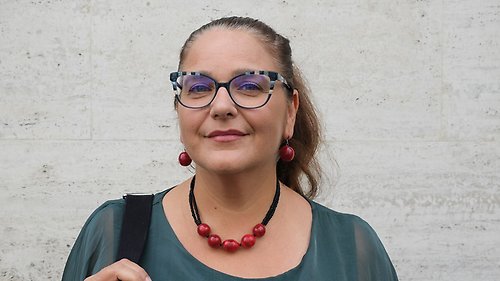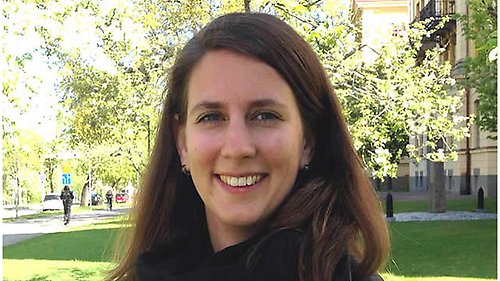ONCOLOGICS
Developing an AI-based decision support platform to improve diagnostics, prognostics and therapy design for advanced-stage colorectal cancer.
Time and funding
- Period: 2021-10-04 – 2024-10-03
- Budget: 19,522,630 SEK
- Funder: EU
- Type of funding: Projektbidrag
AI-based decision support for better treatment of colorectal cancer
Cancer is the second leading cause of death in the European Union. In the EU alone, more than 150,000 people die from colorectal cancer annually, constituting 10% of all cancer-related deaths. In the past, chemotherapy has been the primary treatment option for advanced-stage colorectal cancer with an overall survival of about one year. Advances in therapies, including chemotherapy, targeted therapies and immunotherapies, have increased survival to approximately three years.
While new targeted therapies offer opportunities, the challenge is to identify the patients who will best respond to them. ONCOLOGICS is taking a systems-medicine approach to colorectal cancer, utilising computer models for personalised therapy design.
Boolean computer models will represent individual patients’ tumours and predict their response to drug therapies. In silico predictions will be compared to clinical outcomes and drug responses in patient-derived cultures. Discrepancies between observations and predictions will then be analysed to enhance the Boolean models, to make them even better representatives for individual patients. This improved modelling platform will utilise patient tumour data from ex-vivo grown material to suggest personalised therapies to test.
But this is not without ethical challenges. ONCOLOGICS acknowledges the importance of assessing the ethical aspects of model-based decision support and the challenges it entails for physicians, patients and the healthcare system. Uppsala University’s Centre for Research Ethics & Bioethics contribute their expertise in identifying and exploring pressing ethical issues through conceptual, normative and empirical approaches.
The end-goal of the ONCOLOGICS project is that the decision-support platform they develop will enhance diagnostics, prognostics, and therapy design for advanced-stage cancer. Improving the prognosis and patient selection for clinical trials is an added benefit.
Collaborating organisations
- The Norwegian University of Science and Technology, Norway
- CHARITÉ, Germany
- UNIVERSITÄTSMEDIZIN BERLIN, Germany
- Barcelona Supercomputing Center - BSC, Spain
- ProtATonce, Greece
- Uppsala University's Centre for Research Ethics & Bioethics, Sweden
- INSTITUT CURIE SECTION MEDICALE, France
People in the project
Deborah Mascalzoni
Research about ethics and policy for advanced research approaches in genetics and biomaterials with the integration of participant-centric approaches.

Åsa Grauman
Researches how individuals perceive health risks and how we are affected by risk information, including through preference studies, with a focus on breast cancer, bowel cancer, precision medicine, and screening for rare diseases.

Mirko Ancillotti
Reseach on public health, ethics, and patient preferences. Works with questions about the effect of lighting, cancer patient preferences, and antibiotic resistance.

Jorien Veldwijk
Associated researcher & Assistant professor at Erasmus School of Health Policy & Management. Expert on Discrete Choice Experiments.

